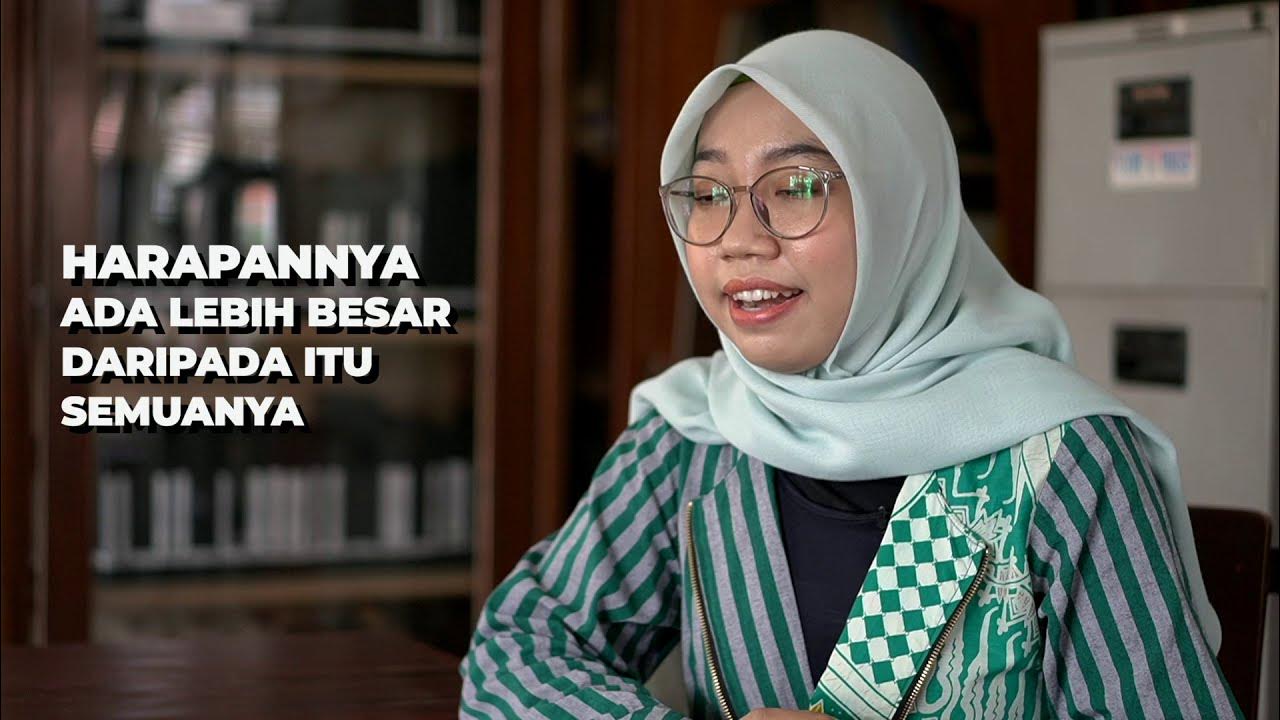Filosofi Pendidikan Ki Hadjar Dewantara
Summary
TLDRThe script celebrates Indonesia's National Education Day, honoring Ki Hajar Dewantara, a pioneer in education and independence from Dutch colonization. Born in 1889, Dewantara advocated for cultural unity through education, establishing Taman Siswa schools promoting equality and holistic learning. As Indonesia's first Minister of Education, Dewantara's philosophy emphasized the dynamic nature of culture and education, urging continuous evolution to nurture humanity's values. His legacy inspires educators to respect children's uniqueness and orient education towards their comprehensive development.
Takeaways
- 🎓 Every May 2nd, Indonesia celebrates National Education Day, honoring the birth of Ki Hajar Dewantara.
- ✍️ Ki Hajar Dewantara, born Raden Mas Soewardi Soeryaningrat in 1889, fought Dutch colonization through education.
- 📰 He worked as a journalist and founded the Indische Partij in 1912, advocating for Indonesian independence.
- 🚫 His critical writings against Dutch rule led to his exile to the Netherlands, where he deepened his studies in education.
- 🏫 In 1922, Ki Hajar founded the Taman Siswa educational institution, opening schools for all children regardless of social status.
- 📜 His educational philosophy is encapsulated in the slogan ‘Ing Ngarso Sung Tulodo, Ing Madyo Mangun Karso, Tut Wuri Handayani’, emphasizing leadership by example, building motivation, and providing support.
- 📚 Ki Hajar believed education is essential for nurturing culture and advancing civilization.
- 🌍 His philosophy on education stressed the importance of change, adaptation, and movement in response to time and context.
- 🔄 Cultural diversity and uniqueness were central to his belief that no two individuals or cultures are the same, similar to how planets have distinct orbits.
- 🧠 Ki Hajar’s holistic education approach emphasized balancing intellect, emotion, and physical well-being, with a focus on respect and nurturing each child’s unique potential.
Q & A
What is the significance of May 2nd in Indonesian history?
-May 2nd is celebrated as National Education Day in Indonesia, commemorating the birth of Ki Hajar Dewantara, a prominent educator and independence fighter.
What was Ki Hajar Dewantara's original name at birth?
-Ki Hajar Dewantara was born as Raden Mas Soewardi Soeryaningrat.
Where was Ki Hajar Dewantara raised and what was his early education?
-He was raised in the Keraton Paku Alam in Yogyakarta and attended a native medical school, Stovia.
What was Ki Hajar Dewantara's role in the media before his political activism?
-He worked as a journalist for newspapers such as 'Utusan Indonesia' and 'Kau Mudah'.
How did Ki Hajar Dewantara's opposition to Dutch colonial rule manifest?
-He founded the Indische Partij in 1912, aimed at achieving Indonesian independence, and was exiled for his critical writings against the Dutch government.
What educational institution did Ki Hajar Dewantara establish on July 3, 1922?
-He established the Taman Siswa educational institution, which aimed to provide education to children from all social strata.
What is the motto of Taman Siswa and what does it signify?
-The motto is 'Ing Ngarso Sung Tulodo, Ing Madyo Mangun Karso Tut Wuri Handayani', which translates to 'In front set an example, in the middle build spirit, and behind give encouragement', reflecting the holistic approach to education.
How did President Soekarno honor Ki Hajar Dewantara after Indonesia's independence?
-President Soekarno appointed Ki Hajar Dewantara as the first Minister of Education.
What is the core philosophy of Ki Hajar Dewantara regarding the relationship between education and culture?
-Ki Hajar Dewantara believed that education is the place of convergence for cultural seeds, emphasizing that education and culture are inseparable and must evolve together.
How did Ki Hajar Dewantara view the necessity of change in culture and education?
-He likened culture and education to the dynamic movement of celestial bodies, indicating that they must continuously evolve and adapt to the natural order and the times.
What are the three key frameworks of change according to Ki Hajar Dewantara's philosophy?
-The three frameworks are understanding the 'kodrat alam' (natural conditions), recognizing the 'kodrat zaman' (temporal conditions), and adhering to the principles of 'continuity', 'convergence', and 'concentricity' in implementing change.
Outlines

Cette section est réservée aux utilisateurs payants. Améliorez votre compte pour accéder à cette section.
Améliorer maintenantMindmap

Cette section est réservée aux utilisateurs payants. Améliorez votre compte pour accéder à cette section.
Améliorer maintenantKeywords

Cette section est réservée aux utilisateurs payants. Améliorez votre compte pour accéder à cette section.
Améliorer maintenantHighlights

Cette section est réservée aux utilisateurs payants. Améliorez votre compte pour accéder à cette section.
Améliorer maintenantTranscripts

Cette section est réservée aux utilisateurs payants. Améliorez votre compte pour accéder à cette section.
Améliorer maintenantVoir Plus de Vidéos Connexes

1.1 - Interpretasi Filosofi Pendidikan Ki Hadjar Dewantara

Sejarah Perjuangan Ki Hajar Dewantara | Hari Pendidikan Nasional

Biografi Ki Hajar Dewantara (Bapak Pendidikan Indonesia)

Sejarah Hari Pendidikan Nasional (2 Mei) dan Maknanya

BIOGRAFI KI HAJAR DEWANTARA BAPAK PENDIDIKAN INDONESIA

Virtual Tour Museum Ki Hajar Dewantara - Lumi Pictures
5.0 / 5 (0 votes)
